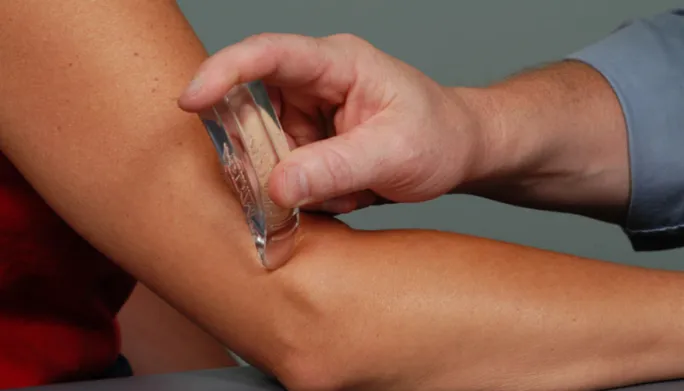Chiropractic in San Antonio
What is Manipulative Treatment in San Antonio?
Manipulative Therapy is a type of alternative medicine that focuses on the diagnosis, treatment, and prevention of conditions related to the musculoskeletal system, particularly the spine. The primary goal of chiropractic care is to alleviate pain, improve functionality, and enhance overall health and well-being.
The philosophy behind manipulative therapy care is that the body has the ability to heal itself and that manipulative adjustments help to restore the normal functioning of the nervous system, which is responsible for transmitting signals between the brain and the rest of the body. By improving the functioning of the nervous system, chiropractors believe that the body’s natural healing abilities are enhanced, leading to improved health and well-being.
Who does Manipulative Therapy Benefit?
Manipulative treatment is often recommended for individuals suffering from conditions such as neck pain, lower back pain, headaches, migraines, and sciatica. The treatment often involves manual adjustment of the spine and other joints, including the hips, shoulders, and knees. These adjustments are designed to realign the bones and joints to their proper position, reducing pain and inflammation and improving range of motion.
We also use various techniques and tools to diagnose and treat conditions, such muscle tests, palpation, and physical examination.
MBenefits of Manipulative Treatment in San Antonio
Pain relief: Manipulative therapy is effective in reducing pain caused by musculoskeletal conditions, including back pain, neck pain, headaches, and joint pain. By gently adjusting the spine and other joints, we can help to reduce pressure on nerves and improve joint function, which can result in a reduction in pain.
Improved mobility: Manipulative adjustments can also improve mobility by reducing muscle tension and increasing joint flexibility. This can lead to improved posture, better balance, and reduced risk of injury.
Better physical function: Manipulative therapy can help to improve physical function by reducing pain and improving mobility. This can lead to improved athletic performance, increased energy levels, and improved quality of life.
Stress reduction: Many people who receive chiropractic care report a reduction in stress levels. This may be due to the release of endorphins, the body’s natural pain-relieving hormones, as well as the relaxation that occurs during and after a joint manipulation.
Improved immune system: Research suggests that manipulative therapy can improve the function of the immune system. This may be due to the improved nervous system function that results from manipulations.
Improved sleep: People who receive manipulative therapy often report improved sleep. This may be due to the reduction in pain and stress that results from joint adjustments.
Reduced need for medication: By reducing pain and improving mobility, Manipulative therapy care can help to reduce the need for pain medications and other prescription drugs.
While manipulative therapy is safe and effective for many individuals, it may not be appropriate for everyone. Some conditions, such as osteoporosis, tumors, and spinal cord compression, may be contraindicated for chiropractic treatment. In these cases, alternative forms of treatment may be recommended.
Schedule Your Appointment Today in San Antonio
In conclusion, manipulative therapy is a form of alternative medicine that focuses on the musculoskeletal system and aims to alleviate pain, improve functionality, and enhance overall health and well-being. We use manual adjustments, diagnostic tools, and lifestyle recommendations to diagnose and treat conditions related to the spine and other joints. While manipulative therapy is safe and effective for many individuals, it may not be appropriate for everyone, and alternative forms of treatment may be recommended in some cases.
Common Areas We Can Help With!

























